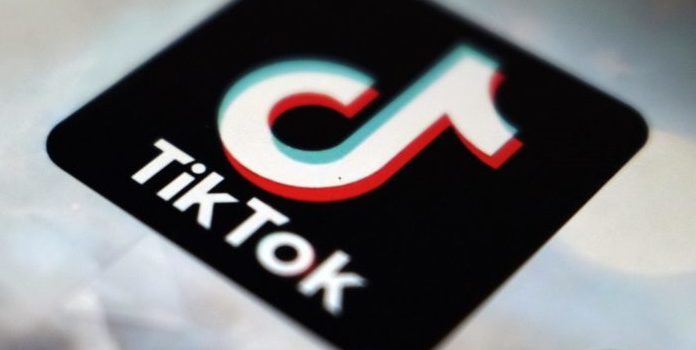(Robert Jonathan, Headline USA) A new study suggests more bad “news” for the legacy media industry and the narrative-pushing, elitist journalists who inhabit those corporate precincts both here and overseas.
The 2023 Digital News Report published by the U.K.-based Reuters Institute for the Study of Journalism revealed, among other things, that younger consumers, in particular, prefer to get information, depending on how that is defined, from online platforms such as TikTok rather than conventional networks and websites.
“When it comes to news, audiences say they pay more attention to celebrities, influencers, and social media personalities than journalists in networks like TikTok, Instagram, and Snapchat,” the report’s executive summary asserted.
“This contrasts sharply with Facebook and Twitter, where news media and journalists are still central to the conversation.”
And interest in keeping up with traditional news itself, as opposed to or what might be redefined broadly as entertainment and culture, seems to be waning, at least among the youth demographic.
“TikTok is the fastest growing social network in the report, used by 20% of 18- to 24-year-olds for news, up five percentage points from last year. Fewer than half the survey respondents expressed much interest in news at all, down sharply from 6 out of 10 in 2017,” Reuters also explained.
Facebook continues to retain currency, although the Mark Zuckerberg-founded social network is shifting away from news, with only 3% of its news feeds apparently sharing that sort of content from media outlets.
The findings were derived from what is purported to be about 94,000 interviews across 46 countries.
“Facebook remains one of the most-used social networks overall… It also faces new challenges from established networks such as YouTube and vibrant youth-focused networks such as TikTok,” the report’s executive summary underscored.
Direct traffic to news websites is also on the decline, with only 22% of the respondents apparently preferring that option to clicking on social media links.
According to Rasmus Neilsen, the director of the University of Oxford-based Reuters Institute, “younger generations…have little interest in many conventional news offers oriented towards older generations’ habits, interests, and values, and instead embrace the more personality-based, participatory, and personalized options offered by social media, often looking beyond legacy platforms to new entrants.”
The fact that CCP-controlled China owns TikTok obviously is a key concern to policymakers and regulators.
Accompanying the trend reflected in the report is fall-off in consumers turning to TV and print to find out what’s news.
With the ongoing cord-cutting trend in favor of streaming, many industry observers have separately concluded that, for example, cable television itself (let alone cable news) is eventually headed to irrelevance.
The separation of Tucker Carlson from Fox News may have sped up that timetable.
According to a recent Gallup Poll, Carlson, who is currently posting his signature monologues on Twitter in a prelude to a new digital show, is the most popular public figure in America.
“Trust in the news has fallen by 2 percentage points in the last year…The United States has seen a 6-point increase in trust in news, to 32%, but remains among the lowest in the survey,” Reuters noted.
“In the longer term, our data suggest that significant shifts in audience behavior, driven by younger demographics, are likely to kick in, including a preference for more accessible, informal, and entertaining news formats, often delivered by influencers rather than journalists, and consumed within platforms like YouTube, Instagram, and TikTok,” the Digital News Report concluded, in part.

